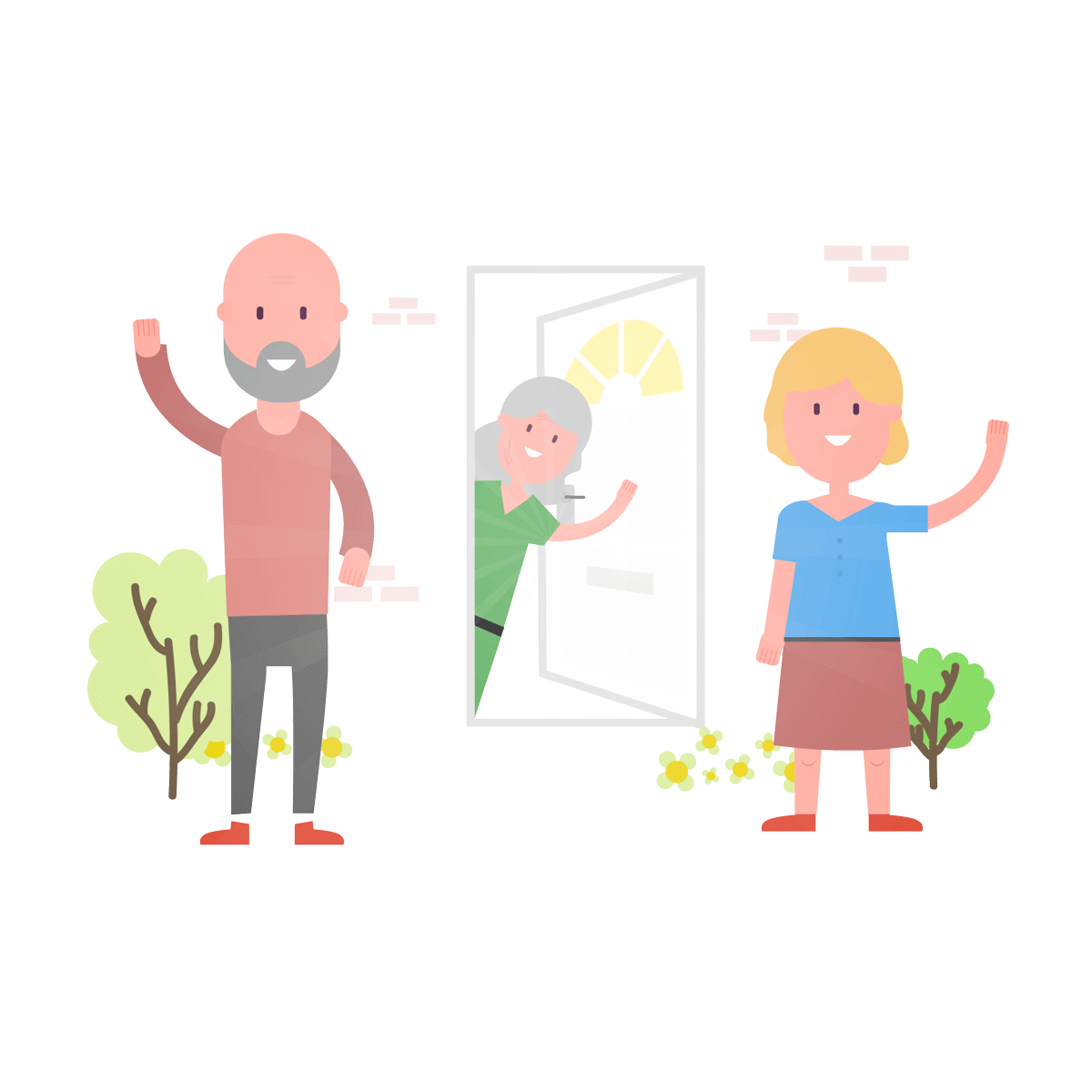


Over the last few years, Sara and I have worked with the NHS in Manchester looking at how the environment and ways of working can be improved to provide a more healing and supportive space for older people recovering from surgery or trauma. The goal is to help people return safely home to live independently and avoid institutional care.
Sara’s spent hours shadowing geriatricians, nurses and therapy teams on their ward rounds, speaking to patients and their families in order to get an understanding of what we can do to make their experience and outcome better. While I’ve analysed international, national and local policies to identify trends and innovations that we can introduce.
It’s a world I’m very familiar with from a work perspective, but it’s not something I’ve experienced personally. Until now.
Nearly seven weeks ago my mum fell over on the way to watch her local football team. Unbeknown to her, the force of the fall had caused an internal bleed in her skull known as a subdural haematoma.
Towards the end of the game, she started to lose consciousness and was rushed to hospital where surgery was performed to remove the blood and relieve the swelling on her brain. She was placed into an induced coma and spent the next week in intensive care, including a trip back into surgery due to a second bleed and more swelling which resulted in the left-hand side of her skull being removed.
To say the last month and a half has been hard for my family would be an understatement. We came close to losing my mum and, while she’s now awake and recognises us, she can’t walk and her speech has been affected. The uncertainty over what the future holds weighs heavily on us.
The people at the hospital who have helped us the most have been the ones who have given us time, a precious commodity in any healthcare setting. The neurosurgeon who talked us through the initial brain injury and answered any question we had. The nurses in ICU who got to know us by name, providing updates, extra reassurance and a cup of tea whenever we needed it. The social worker who checked to see if we were ok.
As family members, the frustrations we’ve had relate to poor communication and people who don’t listen. The head consultant who makes decisions without involving or updating us. The doctor who uses language we don’t understand. The therapist who responds defensively to a question. The nurse who asked why my mum would like to speak to a psychiatrist because she ‘seems fine to us!’
We don’t question the care my mum receives. I don’t doubt the high level of skill and competency of any of the people I’ve met over the last few weeks. What I do doubt is their understanding of the importance of communicating and that people’s emotional wellbeing is just as important as clinical care.
Unfortunately, over the last week we’ve lost the neurosurgeon who has been our one constant at the hospital. Since he left unexpectedly, we’ve had limited contact with doctors and sporadic updates. They’re relying on my mum to pass on news to us – difficult for someone with a brain injury who is finding it hard to process information, let alone speak.
We’ve been left with an information void which we’ve filled with speculation and fear. It’s not helpful for our mental state, leaving us frustrated and angry. Which is why I stopped and paused when I saw a poster crowing that the hospital has a KPI of 60% of staff completing customer service training. Why isn’t it 100%?
Think about the best customer service you’ve had. I can almost guarantee it’s one where you’ve felt listened to, understood and respected. This experience needs to happen in a hospital setting just as it should anywhere else. I appreciate medical situations can change but hospitals can help patients and their families cope with this uncertainty by communicating better, and listening to understand rather than listening to reply. It would save a lot of anguish and potentially lead to better health outcomes too.
Rebecca
By continuing to use the site, you agree to the use of cookies. more information
The cookie settings on this website are set to "allow cookies" to give you the best browsing experience possible. If you continue to use this website without changing your cookie settings or you click "Accept" below then you are consenting to this.